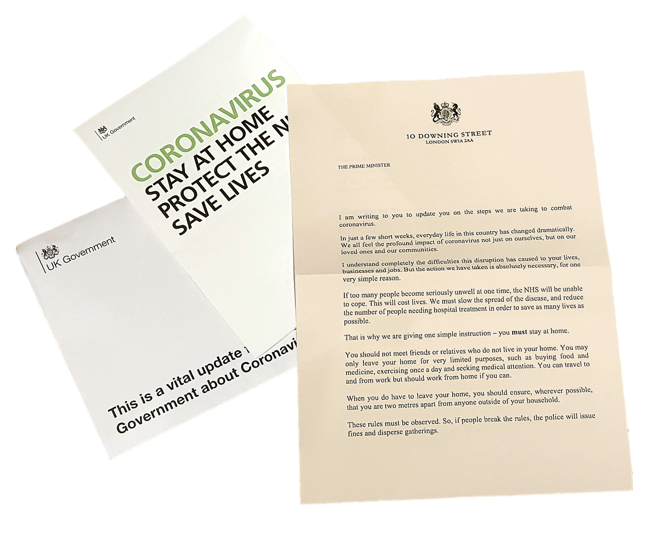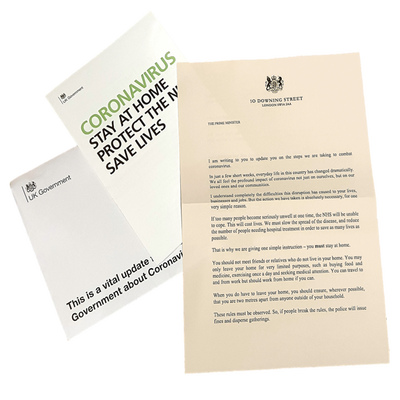
Ashdown Phillips turn Sweet Sixteen
May 4, 2020
Our April Supplier Dare Devil’s are…
May 11, 2020The Coronavirus Act 2020 and its impact on Landlords and Occupiers

Only two days after Boris Johnson announced that the country was in lockdown was the March Quarter Day, the day we were due to collect the rent and service charge from occupiers across our managed portfolios. This year has been turbulent to say the least; it seems almost every week a retailer has either entered administration or applied for a Company Voluntary Arrangement (CVA) due to the challenging environment. A lockdown where all ‘non-essential’ shops must close only adds to the growing financial pressures in the retail sector.
The March Quarter day was also the day the Coronavirus Act 2020 came into force. Pre-Coronavirus, non-payment of rent was often dealt with by exercising Commercial Rent Arrears Recovery (CRAR) proceedings. Generally, CRAR is a relatively effective and inexpensive method of recovering rent arrears whereby tenants are served a Notice of Enforcement, giving them seven days to settle the debt. The government has made a big change to this guidance and, until 30th June 2020, they have increased the time to a minimum of 90 days.
In a lease there is normally a forfeiture clause which allows the landlord to re-enter the premises peacefully and take back possession of the premises once a certain level of rent arrears has been reached. However, Section 82 of the Coronavirus Act 2020 bans the forfeiture of commercial leases for the period 25th March 2020 until 30th June 2020 (or longer if the government deems it necessary) for non-payment of rent.
There is concern that some occupiers may use this legislation as a 'green light' from the government, allowing them to withhold rental payments for three months even if they do not need to do so. Landlords have their own cashflow pressures and are dependent on rental income to meet the obligations they have to their lenders. Agreeing to deferred rental payments, monthly rather than quarterly payments, or drawdowns from rental deposits are just some of the options being offered by Landlords to their occupiers to be able to maintain some form of rental income.
In these difficult and uncertain times, it is clearly beneficial for both Landlords and occupiers to take a collaborative and sensible approach that ensures a favourable post-Coronavirus future for both parties.




